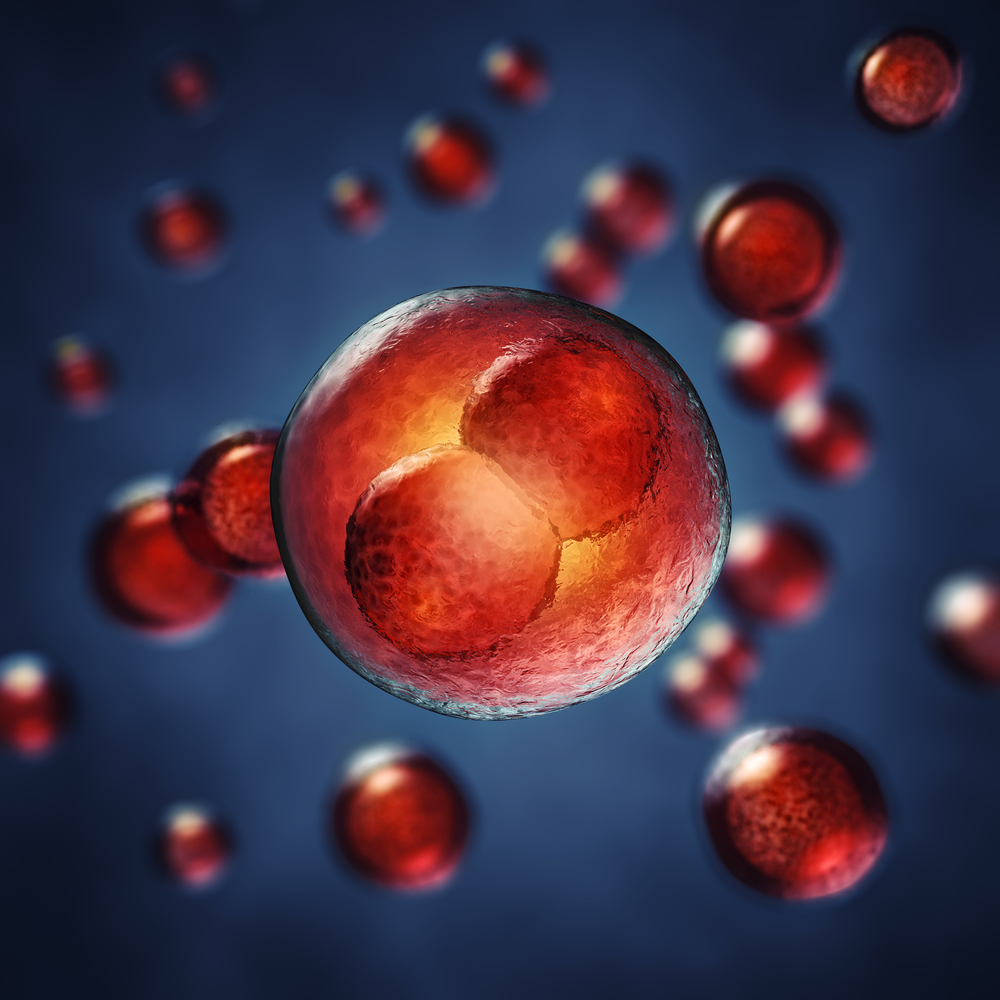NovoSeven Counters Bleeding in Children with Hemophilia, Study Shows

NovoSeven stops or slows bleeding in children with hemophilia but is associated with blood clotting, a study of hospital medical records indicates.
The team that did the retrospective study said more risk-benefit studies of children’s use of NovoSeven are needed. NovoSeven is also known as recombinant activated factor VII – rFVIIa.
The study, “Response to treatment and adverse events associated with use of recombinant activated factor VII in children: a retrospective cohort study,” appeared in the journal Therapeutic Advances in Drug Safety.
Although NovoSeven is an FDA-approved treatment for hemophilia, studies of its effectiveness have generated conflicting results. The studies were consistent in finding secondary thrombosis, or clotting, in adult hemophiliacs, however.
Most research on NovoSeven’s ability to help children has shown that it controlled bleeding, and patients had low rates of adverse events. The latest studies with children have generated the same conflicting results as the adult studies, and the same association with clotting.
The team that did the retrospective study was from the University of Pittsburgh Medical Center. Arthur Ritchey, MD, a professor and the medical center’s vice chair of clinical affairs, worked with James Cooper, MD, an assistant professor, to assemble the research team.
Children’s Hospital of Pittsburgh is part of the medical center, and the researchers were from the Department of Pediatrics in the hospital’s Division of Hematology/Oncology/BMT.
Team members analyzed NovoSeven’s use between January 2005 and September 2007 at a large children’s hospital. They looked at electronic medical records from the seven days before patients took their first dose of NovoSeven to the seven days after they took their last dose. The team reviewed laboratory data, and information on diagnoses, other treatments, adverse events, and outcomes.
They found 66 patient bleeding episodes that doctors treated with a combined 606 doses of NovoSeven over 33 months. The most common problem, affecting 36.4% of the patients who were treated, was gastrointestinal bleeding.
Records indicated that 33.3% of the treatments in a total of 57 patients were unsuccessful. Researchers considered treatment failure to be bleeding from multiple locations.
In 16.7% of patients, unexpected clotting developed within a week of a course of NovoSeven being completed.
NovoSeven did stop or slow most serious bleeding episodes. The researchers noted that “the thrombosis rate was higher than expected,” but added that they lacked the evidence to conclude that NovoSeven was what caused that higher level.
The next steps in their investigation will be to determine a risk–benefit ratio of administering NovoSeven to children. “A better physiologic understanding of diffuse hemorrhage as well as a better understanding of the precise mechanism of action for rFVIIa” will be critical to achieving better outcomes, they concluded.






